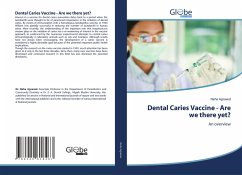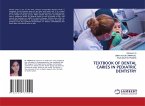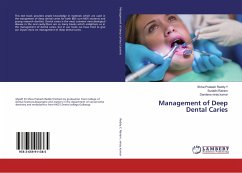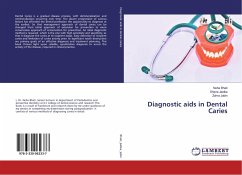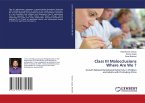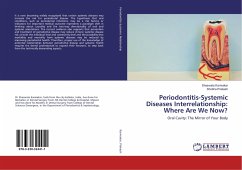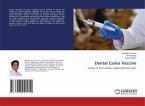Interest in a vaccine for dental caries prevention dates back to a period when the lactobacilli were thought to be of paramount importance in the initiation of dental caries. By means of immunization with a homologous lactobacillus vaccine, in 1944 William was partially successful in reducing the number of lactobacilli in human saliva. More recently, the understanding of the important role that streptococcus mutans plays in the initiation of caries has a re-awakening of interest in the vaccine approach, as evidenced by the numerous experimental attempts to control caries immunologically in laboratory animals such as rats and monkeys. Although results have not always been encouraging, the development of a caries vaccine is considered a highly desirable goal because of the potential important public health implications. Though the research on the caries vaccine started in 1930, much attention has been given to it only in the last three decades. Since then, many new vaccines have been developed and continued research in this field has also disclosed the potential drawbacks.
Bitte wählen Sie Ihr Anliegen aus.
Rechnungen
Retourenschein anfordern
Bestellstatus
Storno

